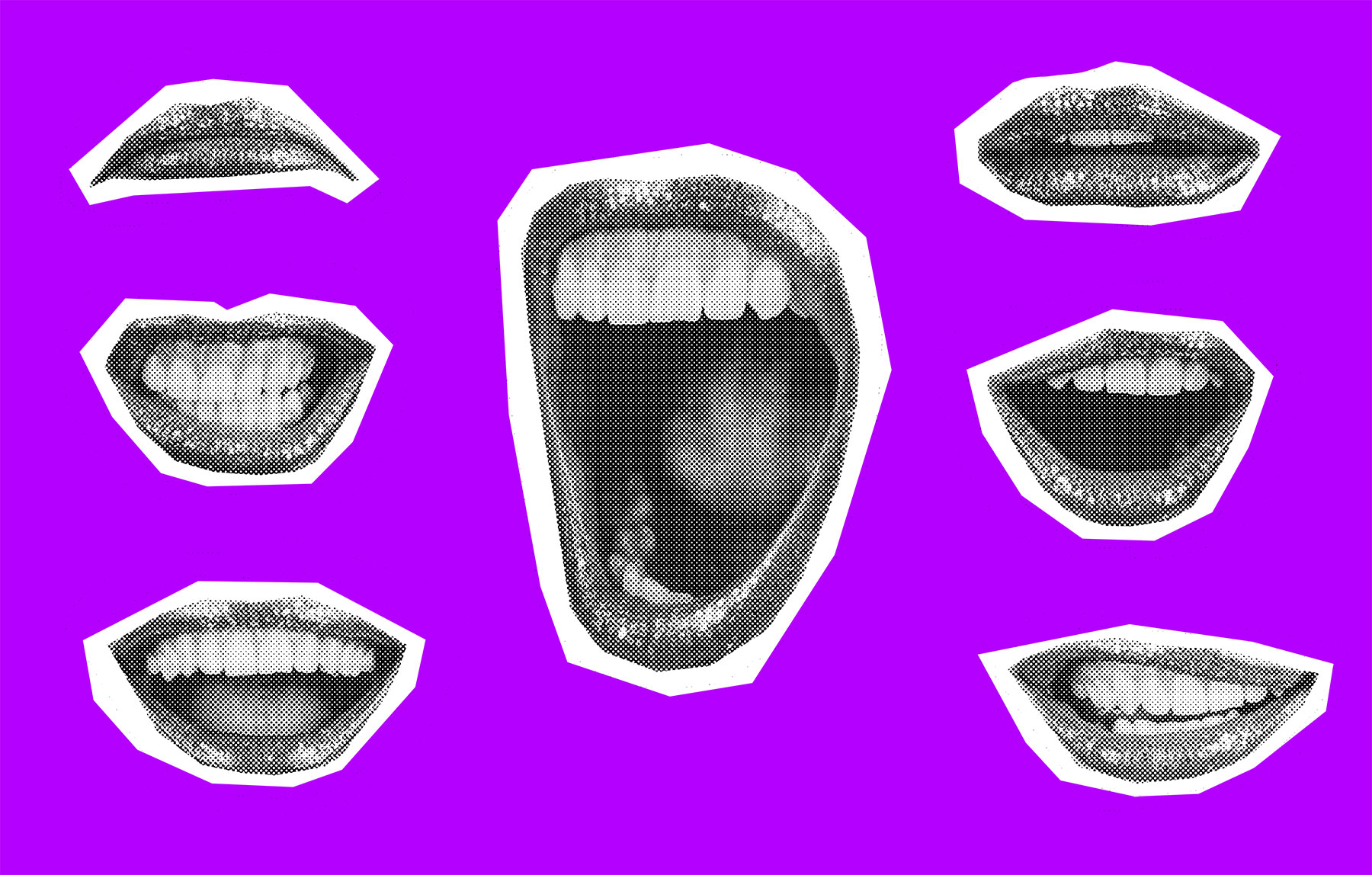Do you miss having spontaneous conversations with strangers? There’s an app for that!
Clubhouse is the new audio-only, invite-only, iOS app that’s disrupting the digital marketplace. Since in-person networking events are currently canceled, Clubhouse has stepped in to fill that niche. But is this app purely a product of the pandemic? Does it have staying power?
Creating new ways to help people connect can be a bankable business. Especially when looking at platforms like Facebook, Twitter, and LinkedIn. Connecting during Covid has required a unique approach, and Clubhouse has taken on the challenge. Despite not having a website, the year-old company has been valued at about $100 million after a reported $12 million in funding from Andreessen Horowitz. It still has the possibility of becoming a passing fad, like Vine, Snapchat, and the anonymous messaging app Yik Yak, which collapsed after raising over $70 million.
Despite all the buzz surrounding the new social app, founders and Silicon Valley veterans Paul Davison and Rohan Seth have opted to stay out of the limelight. Relying instead on celebrity, influencer, and venture capitalist endorsements. Hollywood has quickly embraced clubhouse – Black Hollywood, to be specific. We weren’t surprised to see Black creatives as early-adopters to this digital revolution. Ava DuVernay, Kevin Hart, Tiffany Haddish, Oprah Winfrey, and Gayle King are just a few Black A-listers who have been spotted in the app.
If you haven’t scored an exclusive and elusive invite yet, here’s what you’ve been missing.
The Clubhouse experience is a mashup of listening to a podcast, having a conversation, and attending a remote conference. Any user can “Start a room,” determine the topic, and who’s allowed to speak. Others can listen or join the discussion with the “raise your hand” option, which is the secret sauce that allows this app to mimic in-person conversations. People you follow can “ping” you into a conversation they think you might enjoy. There’s also the option to “Leave quietly,” but people notice when you leave, mostly if you were on stage.
The longer we’re on this app, the more user-friendly it feels. From morning meditation rooms and discussions on race, disability, and equity, we are already able to see some of the positive contributions introduced by Clubhouse. But where there is Ying, there is also Yang. My friend recently shared that she listened to her first live-birth on Clubhouse last week…
Here are some of the pros, cons, and observations we’ve made using the app so far.
Pros
Since we can’t attend conferences, concerts, or the theater right now, Clubhouse is an opportunity for creatives to host their own audio performances. For example, on Dec. 26, music marketing executive Noelle Chesnut Whitmore staged The Lion King’s live reenactment. More than 40 actors, narrators, and a full choir participated in the innovative audio event, which had director Ava DuVernay tweeting about it the next day. Broadway actor Leroy Church is currently working on a performance of Dreamgirls on Clubhouse (@DreamgirlsCH). Debuting on February 27th and 28th at 1 pm & 7 pm EST.
The free app allows people to listen to Broadway performances and learn from thought leaders without spending a penny. Was there a conference you couldn’t afford to attend? Follow the speakers on Clubhouse and be notified when they’re “on stage.”
Because anyone can start a room, this app passes the mic to those who are often overlooked. I recently sat in on a conversation about dating as a wheelchair-user. From that room alone, I learned that this app benefits marginalized communities that have not had opportunities in more traditional networking environments.
From the brand perspective, Clubhouse removes the middle man. Some brands pay expensive sponsorship fees for an opportunity to network with influencers. Brands can save money on sponsorship fees and travel expenses by utilizing the app efficiently.
Cons
Once your thirst for the exclusive invite is satiated, you too will begin to wonder, where did the time go? Adding another social platform to your life will only increase the average of 2 hours you’re already spending on social. A one-hour discussion can quickly turn into two in a Clubhouse room, especially when listeners raise their hand to ask a question and instead end up telling their origin story.
Entering a room on Clubhouse is like playing a game of roulette. The title of the room can be promising, but you never know where the discussion can lead. Like that one time, a conversation held on Yom Kippur and attended by Clubhouse backers Marc Andreessen and Ben Horowitz descended into anti-Semitic chaos.
Everyone’s an expert, or they can pretend to be! Some people self-identify as experts even though they have zero qualifications or accreditations. Through this app, those people can gaslight their audience by bringing in actual experts to carry the conversation’s weight.
As an audio-only app with zero live captioning Clubhouse excludes disabled people by design. Not only does it exclude deaf people and those with less than perfect hearing. The app doesn’t offer text-resizing or support Apple’s VoiceOver screen reader, making it difficult to read for some.
Marginalized people can be exploited in multiple ways through this app. One way is by being asked to carry the weight of a conversation without any compensation. Another way is to be asked to speak alongside someone you disagree with or don’t consider an expert.
While you can see the profile and other social links of the speakers and attendees in each room, it isn’t easy to vet the experts in real-time. If you’re asked to speak in a room on a topic you’re an expert in; you’re subtly validating anyone who’s on stage with you. Since speakers can be added to the host’s discussion instantly, it’s nearly impossible to distinguish between fact, fiction, and propaganda.
People will always find a way to self-promote and profit. It’s a human tendency to self-promote, but too much promotion will water down the message. Clubhouse needs to avoid the this-meeting-could’ve-been-an-email vibes. How much would you pay for an invite? Some have sold for $125!
It’s only on iOS, so make sure you have an iPhone before you start bidding for an invite.
Growing Pains
Clubhouse is a young app that remains vulnerable unless it develops strategic ways to build community and protect its users from harassment. After receiving criticism for its lack of moderation tools, the app released a blog post condemning racism, anti-Semitism, and other forms of hate speech on its platform and promising to take action against users who violate community guidelines.
As the app grows and allows more users, there will surely be more regulations and guidelines on what and how things are discussed. There are currently strict FTC rules that require influencers to reveal their relationships with brands within their posts. Followers need to know if what they’re seeing is an ad or an organic post. Violating the rules can lead to penalties, fines, and legal fees. None of these rules currently apply on Clubhouse.
When Chet Hanks — rapper, internet personality, and son of Tom and Rita— hosted a room, he was met with criticism for his AAVE and Jamaican patois appropriation. Annoyed listeners could sound off knowing he would hear them and have to respond, instead of replies being hidden, deleted, or ignored, which often happens on Twitter and Instagram. In the end, it was an opportunity for Hanks to try to explain and humanize himself. This is a great example of the value and the unpredictability of Clubhouse.
Right now, most of the engagement on the app is the result of a celebrity or influencer joining a room. Last month the founders shared that Clubhouse’s latest cash infusion would help it begin testing ways to pay creators through tips, tickets, subscriptions, and grants. We will be paying close attention to how and if the ethical (and legally-required) practice of disclosing sponsored partnerships is both used and enforced on the app.
The Hype
Nothing can replace in-person events, but we like that this is an easy-to-use and affordable short-term solution. Now that Twitter has rolled out “Spaces,” its own audio-chat-room feature. The question is, will Clubhouse stay the same and remain on top or evolve into something else? Will celebrity regulars stick around when the exclusivity wears off, and anyone can log in and call them out?
Over the last twenty years, many social media apps have failed, few have succeeded. Success relies on the app’s potential to grow and succeed with people. Clubhouse is in the ultimate boom-or-bust business, with a small margin for success. While it presents an opportunity for marginalized voices to be heard, it still lacks the regulations to protect its users from people who are not well-intended.
We still have questions about longevity, ethics, sustainability, and equity. Does Clubhouse have the capability to succeed outside of Covid, or will it disappear as quickly as it came? One rule this app reinforces is that it still comes down to good content. If you want to be memorable on any platform, figure out what you want to say and what makes your perspective unique and authentic. And though this is an online forum, many public speaking skills, like conciseness, still apply. Using the app to listen, rather than to be heard, is a good approach too.


